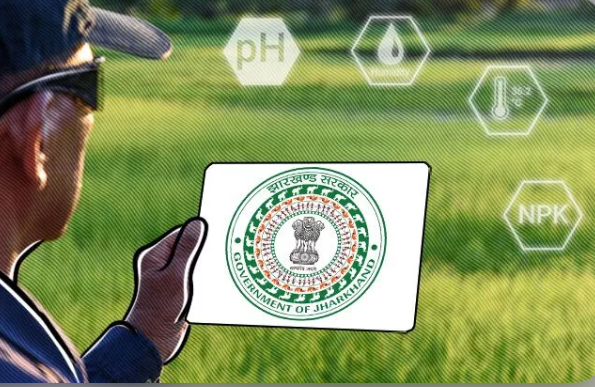Blockchain technology was used to increase government and farmer transparency.
Jharkhand is the first state in the nation to distribute seeds utilizing blockchain technology.
The successful implementation of seed delivery to farmers using blockchain technology was announced by the Directorate of Agriculture, Jharkhand, and the multinational blockchain technology company SettleMint, India. This major development had to completely transform agriculture.
In the two years that SettleMint has been operating in India, it has worked hard and acted rapidly to enable blockchain adoption. Distribution of seeds using blockchain technology to farmers in Jharkhand is a commandment in response to this.
Strategy behind using blockchain to circulate seeds
As it allows for traceability, real-time monitoring, and effective scheme management, it will play a significant part in the transparent implementation of schemes while eliminating middlemen.
The blockchain platform follows the distribution of seed from a valid government agency producing seed to distributors, retailers, LAMPS/PACS, FPOs, and ultimately to farmers. It starts with the Directorate of Agriculture issuing supply orders to the District Agriculture Officer placing seed demands.
It operates by registering with an aadhar card and entering a mobile number after which the required information for the farmers has been recorded. This increases transparency and It also aims to offer electronic KYC for the authentication of farmers’ aadhar numbers.
Shahzad Fatmi, CEO, SettleMint India, said,
“We are pleased to cooperate with Jharkhand as it becomes the nation’s first state to distribute seeds using blockchain technology……”
The director of agriculture Nesha Oraon stated that the department of agriculture offers more than 300 crops during the Kharif and Rabi seasons. Due to the drought-like conditions that are now present, the total seed distribution for this Kharif season is predicted to be between 35k and 40k quintals. There have already been dispersed about 30k quintals of seeds. With further adoption of blockchain technology, farmers will be able to confirm the type and quantity of seeds they got using their smartphones, making the entire seed distribution process theft-free.

